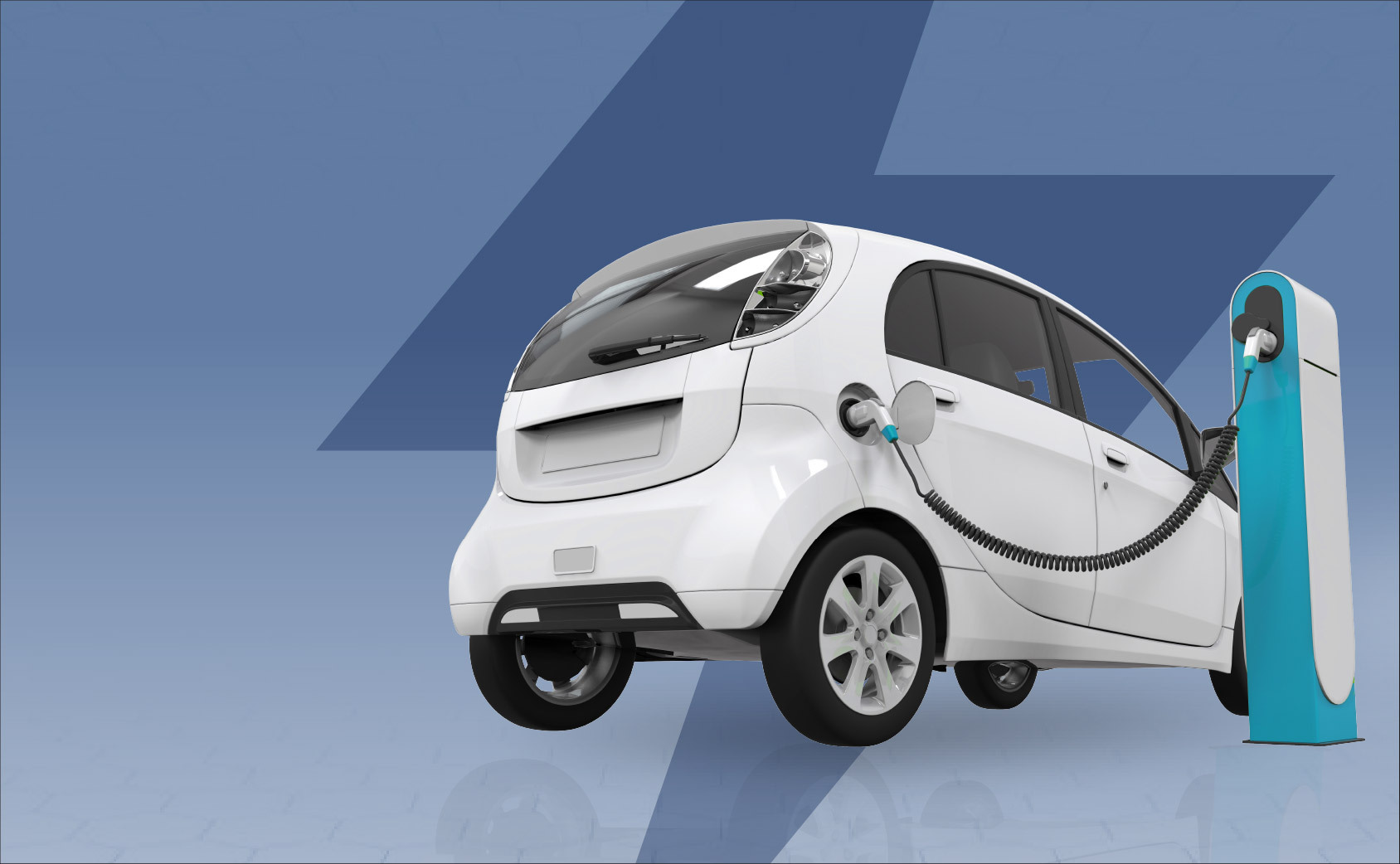From Tesla Shock to Toyota Trust: Canada’s EV Brand Loyalty Takes a Surprising Turn

Canada’s electric vehicle (EV) market is undergoing a significant shift in consumer perception, moving away from pioneering disruptors like Tesla toward more familiar automotive brands. Recent market insights indicate that Tesla still leads in unaided brand awareness, holding a substantial 77%, while Toyota, Chevrolet, Ford, and Nissan trail with 32%, 18%, 17%, and 15%, respectively. However, Tesla is experiencing a notable decline in brand consideration, which has dropped 55% year-over-year to just 13%, highlighting a significant change in preferences among Canadian EV buyers.
In contrast, established automotive manufacturers such as Hyundai, Kia, Toyota, Ford, and Chevrolet are witnessing increased brand recognition and growing credibility as practical EV options. This evolution reflects a rising willingness among Canadian consumers to embrace electric vehicles from trusted brands, particularly those known for delivering value, reliability, and affordability.
Despite the buzz surrounding EVs, the intent to purchase remains low in Canada. The 2024 J.D. Power EVC study reveals that only 11% of new vehicle shoppers are “very likely” to consider an EV, significantly lower than the 24% reported in the U.S. Additionally, 72% of Canadian shoppers express unlikelihood in purchasing an EV, citing concerns about range, charging infrastructure, and high upfront costs. This trend marks the second consecutive year of increasing resistance, up from 67% in 2023.
However, satisfaction levels among current EV owners present a more positive outlook. A nationwide survey conducted by CAA involving 16,041 EV owners shows that 87% would opt for another EV, over 90% experience significantly lower fueling costs, and 79% enjoy reduced maintenance expenses compared to traditional gasoline vehicles. This indicates a strong loyalty and retention rate once consumers overcome initial barriers to purchase and gain firsthand experience with EV ownership.
Tesla’s decline in emotional connection with consumers can be attributed not just to intensified market competition, but also to external challenges, including political controversies and the removal of federal rebate eligibility which have impacted its reputation. Alternatively, brands like Hyundai, Kia, and Toyota are capitalizing on their long-standing trust and brand familiarity while evolving their EV offerings to meet consumer expectations. Their emphasis on value, accessibility, and reliability aligns closely with the sentiments of Canadian consumers.
The gap between perception and positioning is becoming increasingly evident. Tesla, which was once viewed as the pinnacle of innovation and premium electric vehicles, now faces a disconnection between its aspirational brand image and current public perception. Conversely, Hyundai, Kia, and Toyota are effectively bridging this gap, portraying themselves as realistic, dependable, and well-supported choices for those transitioning to electric mobility.
Moving forward, the success of brands in Canada’s EV market will depend on more than just advanced technology. Companies that blend affordability with reliable service networks and prioritize consumer education regarding range and cost savings will likely earn the strongest customer loyalty. As the market evolves, factors such as emotional engagement, transparent communication, and practical ownership solutions will be pivotal in advancing EV adoption.
In a landscape previously dominated by the allure of innovation, Canada’s electric vehicle future may ultimately favor brands that make electric driving not only thrilling but also easy, reliable, and distinctly aligned with Canadian values.